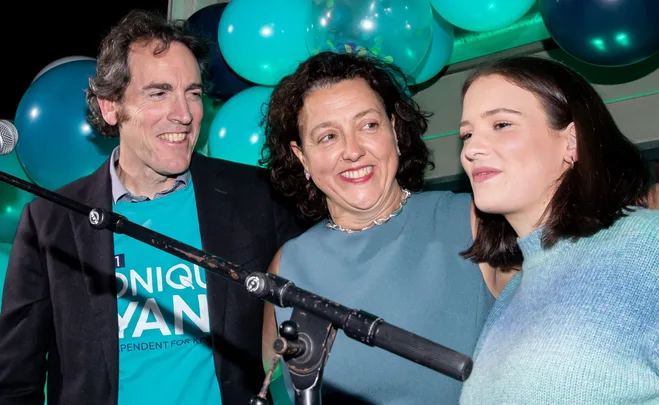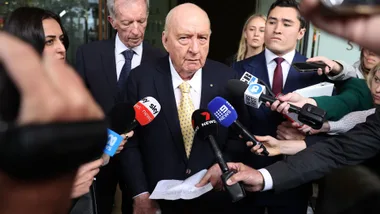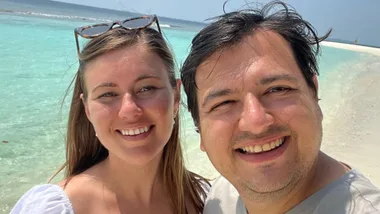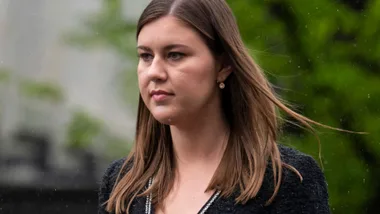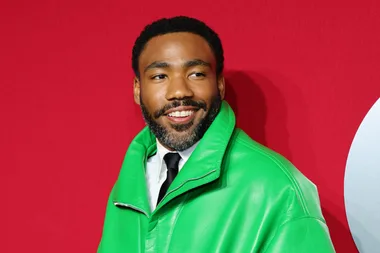On May 21, Australia watched as a blue line and a red line steadily grew towards a target of 76. The number of seats secured by the Labor and Liberal party were front and centre as election night forged ahead.
But by 10pm, it became apparent that another phenomenon—neither blue nor red—had emerged, taking the seats which were formerly in the comfort of major Liberal MPs (including that of treasurer Josh Frydenberg). The teal independents were cementing their place within Australia’s government for the next three years.
These candidates, predominantly female, quickly became some of the most recognisable faces of this year’s election—there is Allegra Spender, who was unmissable in campaign signage across Sydney’s eastern suburbs in recent weeks. She won the seat for Wentworth over Liberal MP Dave Sharma. Then came Dr Monique Ryan, who won Kooyong over Frydenberg in perhaps one of the most significant wins of the election. Sophie Scamps also pipped Liberal incumbent Jason Falinski at the post, taking the seat of Mackellar for her own.
It didn’t stop there, of course. It was a sight to behold, a “teal bath”, they called it as the results came flooding in. And it had everyone asking the same question: who exactly are the teal candidates that won, and what will happen now they have a voice in Australia’s government?
Below, everything you need to know about them.
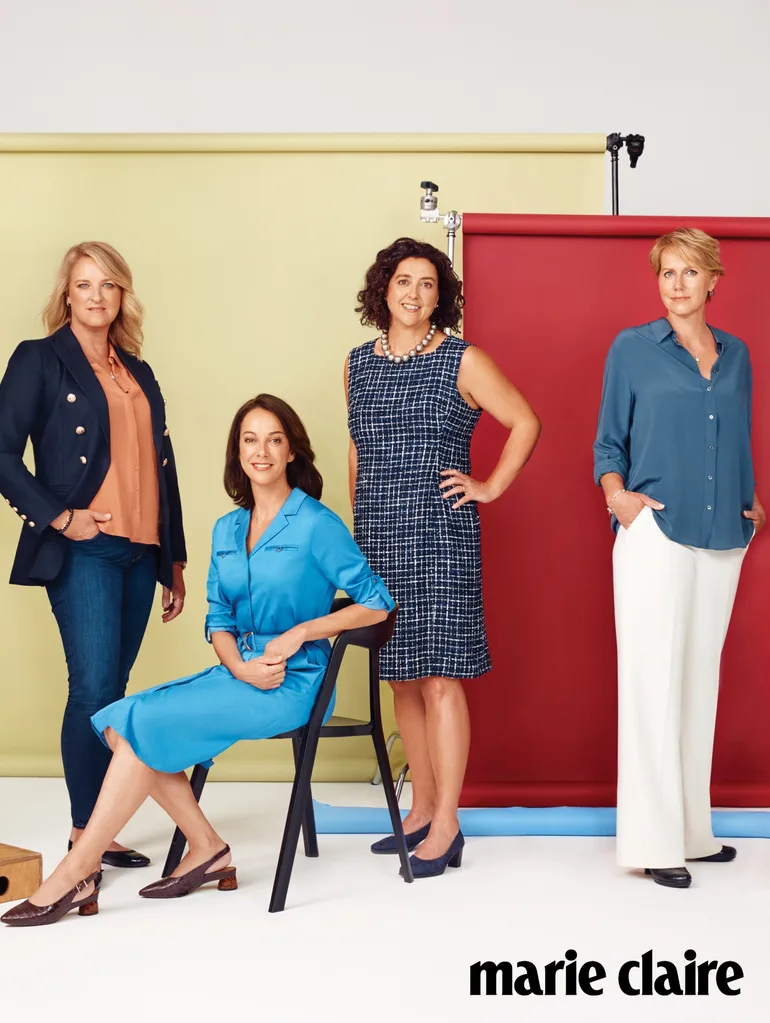
What are ‘teal independents’?
Teal independents are a group of mostly female professionals turned politicians who took on mostly male Liberals in blue-ribbon seats.
Their objectives are loosely tied together, and they are backed by Climate 200, a political action group founded by clean energy investor and the son of Australia’s first billionaire, Simon Holmes à Court. The group has two key objectives: to call for a federal integrity commission and to put a greater emphasis on tackling climate change.
Which teal candidates won seats at the 2022 election and what happens next?
Sophie Scamps, Mackellar
Sophie is a Sydney-based doctor who put her hat in the political ring in order to bring climate action to the forefront of the next government.
“There’s a broad mood for change,” she told marie claire in our May issue. “We can no longer stand by and watch this slow-motion train wreck happening in front of our eyes. It’s time to take it into our own hands.”
Her policies include setting a minimum 50 per cent reduction in climate pollution by 2030, along with supporting a clean energy transition by investing in clean technologies and delivering an interconnected grid.
Following her win, Scamps said: “This is about genuinely trying to represent our community and take our voice and values to Canberra. We’re super excited. This is a win for democracy.”
Kylea Tink, North Sydney
Tink’s win in North Sydney is huge given the seat has been held by the Libs since 1996.
“The work begins today,” she wrote on Twitter following her victory—that work revolves around the grass-roots values of what residents of North Sydney actually want. The former CEO of the McGrath Foundation previously said she was most alarmed at the lack of climate action in parliament, as well as the blocked establishment an integrity commission.
Allegra Spender, Wentworth
Spender, a successful businesswoman and former managing director for family fashion labels, Carla Zampatti and Bianca Spender, took out the seat of Wentworth due to overwhelming support for her policies in climate action and education.
Among key objectives she takes to parliament as an independent, Spender hopes to cut emissions by at least 50% by 2030, provide transparency around decarbonisation and to support a second public high school in Wentworth.
Monique Ryan, Kooyong
In one of the most contentious seats of the election, Ryan, director of Neurology at the Royal Children’s Hospital, took out former treasurer Josh Frydenberg to win the seat of Kooyong.
“He’s out of touch with our community – I don’t think he understands how frustrated people are,” Dr. Ryan told marie claire ahead of the election.
Her key objectives within climate policy are to reduce emissions by at least 60 per cent by 2030, accelerate electrification and decarbonise our electricity supply. Ryan is also committed to making change in our country’s gendered violence and equality problem: she has promised to encourage funding programs to prevent discrimination, harassment and violence against women, as well as advocating for better pay, training, and career paths for workers in childcare, disability support, and aged care.
Zali Steggall, Warringah
Zali famously unseated Tony Abbott for the seat of Warringah in the 2019 election. At the time, she was partially funded by Climate 200—that major win served as inspiration for the group to go bigger this election by funding more female powerhouses.
A former barrister and Olympic medallist, Steggall already had a big profile in Australia, but her climate policies have helped to retain her seat a second time. She created a 5-step climate action plan, which includes a goal to reduce emissions by at least 60 per cent by 2030 (Dr. Ryan aligned with this in her own policies).
Zoe Daniel, Goldstein
Daniel is a former ABC journalist who entered politics with one key priority: Implement a national integrity commission. She defeated Liberal Tim Wilson for the seat of Goldstein, and she will also advocate for change in climate policy and gender equality.
Per her website, Daniel promises to help implement the recommendations from the Respect@Work Report (more information on the report here) in order to tackle troublingly high rates of sexual harassment and gender safety in the workplace. When it comes to climate policy, Daniel plans to advocate for parliamentary accountability in upholding the commitments of the Paris Agreement (more information on that here).
Kate Chaney, Curtin
It’s expected that Chaney, a lawyer and strategy consultant, will take the seat of Curtin in WA, bringing an end to the 23-year reign the Liberal party have held over it.
Her key priorities are to half emissions by 2030, to establish an independent Climate Commission in order to remove politics from the threat of global warming in order to spark quick and efficient action, and phasing out of fossil fuel subsidies and tax breaks, shifting this investment to the renewables sector.
